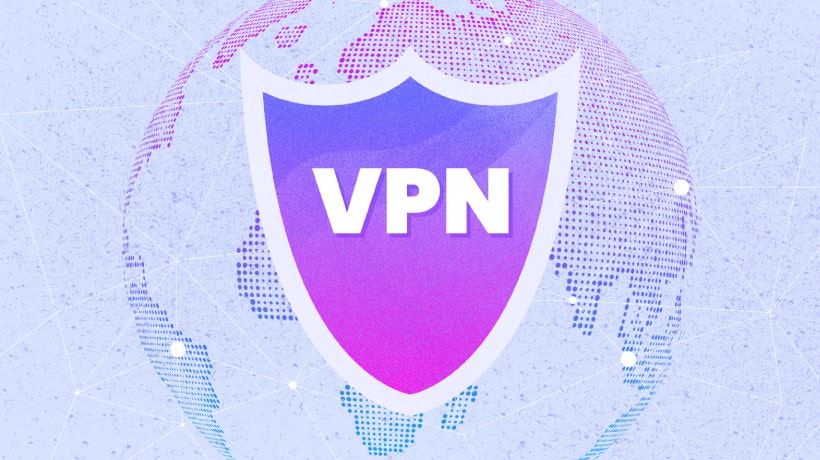VPN Server vs VPN Service: Key Differences You Should Know
Smith Millar (2024-12-04)
En respuesta a Installation Instructions For Sandwich Panels

What is a VPN Server?
A VPN server is a physical or virtual server configured to host and manage VPN connections. It facilitates secure communication between the user's device and the internet by encrypting data and masking the user’s IP address. Here’s what sets it apart:
- Location-Specific: VPN servers are often distributed across various geographic locations to provide users with a wide range of virtual locations.
- Core Functionality: They are the backbone of VPN services, ensuring encrypted tunnels for secure data transmission.
- Standalone Use: Some tech-savvy users may set up their own VPN servers for personalized control.
In essence, a VPN server is a single piece of infrastructure that provides the actual encrypted connection for a VPN setup.
What is a VPN Service?
A VPN service, on the other hand, is a commercial solution that combines VPN servers, software, and customer support into an accessible package for everyday users. It offers:
- User-Friendly Applications: Simplifies the process of connecting to VPN servers through apps for various devices and platforms.
- Pre-Configured Servers: Includes multiple servers across locations, allowing users to switch between them effortlessly.
- Added Features: Offers extras like kill switches, split tunneling, and malware protection, depending on the provider.
A VPN service uses a network of VPN servers to deliver a comprehensive, easy-to-use solution for privacy, security, and accessibility needs.
Key Differences Between VPN Server and VPN Service
1. Purpose and Scope
- VPN Server:
A VPN server focuses solely on establishing secure connections. It is ideal for:
- Organizations that need internal secure communication.
- Advanced users who prefer control over their VPN setup.
- VPN Service:
A VPN service caters to everyday users by providing ready-to-use solutions. It is perfect for:
- Streaming enthusiasts bypassing geo-restrictions.
- Gamers reducing lag and improving connection stability.
- Privacy-conscious individuals seeking effortless security.
2. Ease of Use
- VPN Server:
Setting up and maintaining a VPN server requires technical expertise. Users need to:
- Configure the server manually.
- Manage software updates and security protocols.
- Troubleshoot connection issues.
- VPN Service:
VPN services prioritize ease of use. They typically offer:
- Intuitive apps with one-click connections.
- 24/7 customer support for troubleshooting.
- Pre-configured settings optimized for different use cases.
3. Cost
- VPN Server:
Hosting your own VPN server can be cost-effective in the long term but involves:
- Initial setup costs for hardware or hosting.
- Ongoing expenses for server maintenance and electricity.
- VPN Service:
VPN services charge recurring fees, but they eliminate the need for self-management. Pricing models often include:
- Monthly or annual subscriptions.
- Discounts for longer-term commitments.
4. Privacy and Control
- VPN Server:
Users have full control over their data since they manage the infrastructure. However, this comes with greater responsibility for:
- Ensuring no data leaks occur.
- Regularly updating encryption protocols.
- VPN Service:
VPN services operate their own servers, which means users must trust the provider’s privacy policies. To ensure security:
- Opt for services with strict no-logs policies.
- Look for independent audits or certifications.
5. Scalability
- VPN Server:
A single VPN server has limited scalability. It is ideal for small-scale use, such as:
- A family or small business.
- Specific personal projects.
- VPN Service:
VPN services operate large networks of servers, allowing users to:
- Access thousands of servers globally.
- Connect multiple devices simultaneously.
When to Choose a VPN Server?
Setting up your own VPN server is ideal if:
- You have the technical skills to manage server configurations.
- You need a VPN for a specific, limited use case, such as securing a home or office network.
- You prioritize complete control over your data and are willing to handle maintenance.
Example Use Cases
- Remote work setups requiring secure access to office networks.
- Home users wanting a private, custom VPN solution.
When to Opt for a VPN Service?
A VPN service is better suited for users seeking convenience, versatility, and advanced features. Choose a VPN service if:
- You’re new to VPNs and need a plug-and-play solution.
- You want to bypass geo-restrictions for streaming or gaming.
- You value access to multiple global servers without the hassle of maintenance.
Example Use Cases
- Streaming international content on platforms like Netflix or Hulu.
- Protecting data while using public Wi-Fi networks.
- Gamers looking to reduce latency and avoid DDoS attacks.
Final Thoughts
The choice between a VPN server and a VPN service ultimately depends on your needs, technical expertise, and budget. While VPN servers offer unparalleled control and customization, VPN services provide user-friendly solutions that cater to a broader audience.
For most users, a reliable VPN service strikes the perfect balance between functionality and convenience. However, for tech-savvy individuals or businesses with specific requirements, hosting a VPN server could be the better option.
Versión Informática de Investigación y Docencia - ISSN 1514-2469. Incluida en el Catálogo de Latindex. Licencia

Esta obra está bajo una licencia Creative Commons.